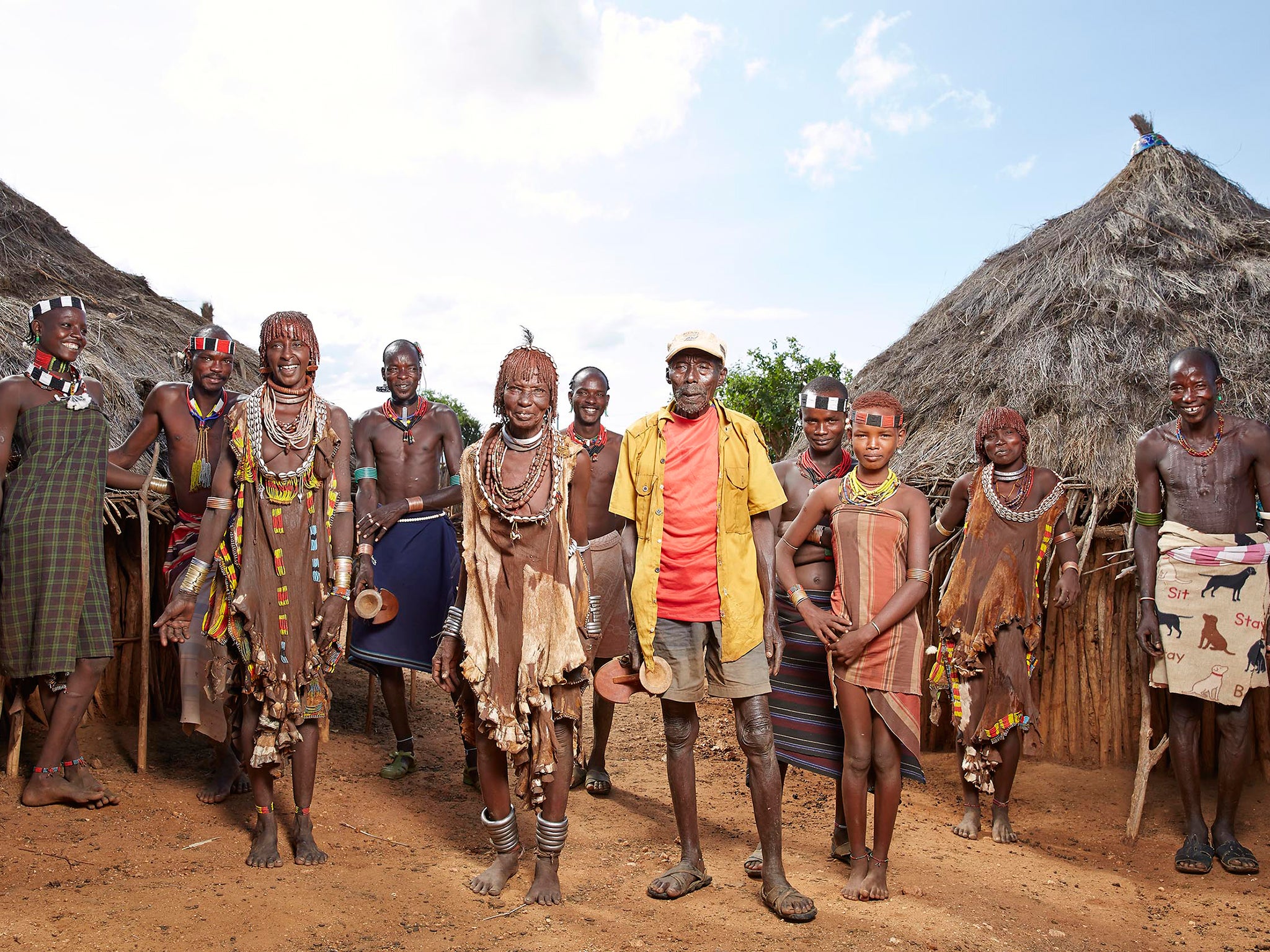The Tribe, TV review: Granddad Ayke Muko is the natural star of the show
The new anthropology documentary captures the day-to-day life of an extended family in the traditional Hamar tribe of southern Ethiopia

Your support helps us to tell the story
From reproductive rights to climate change to Big Tech, The Independent is on the ground when the story is developing. Whether it's investigating the financials of Elon Musk's pro-Trump PAC or producing our latest documentary, 'The A Word', which shines a light on the American women fighting for reproductive rights, we know how important it is to parse out the facts from the messaging.
At such a critical moment in US history, we need reporters on the ground. Your donation allows us to keep sending journalists to speak to both sides of the story.
The Independent is trusted by Americans across the entire political spectrum. And unlike many other quality news outlets, we choose not to lock Americans out of our reporting and analysis with paywalls. We believe quality journalism should be available to everyone, paid for by those who can afford it.
Your support makes all the difference.There was another grumpy patriarch on Channel 4 last night. In fact, "Families are the same way the world over" seemed to be the main theme of new anthropology documentary The Tribe – not to be confused with the similarly named 2005 to 2007 BBC series. In this one, there's no Bruce Parry getting off his face on the local brew, just rigged cameras capturing the day-to-day life of an extended family in the traditional Hamar tribe of southern Ethiopia.
Granddad Ayke Muko's baseball cap and T-shirt may look humble compared to the elaborate traditional jewellery worn by the rest of his family, but as both the head of the household and respected Hamar elder, he's the natural star of the show. In to-camera interviews he struck up an amusing rapport with the "funny foreigner" asking the questions and was aghast to discover that, in Britain, not everyone keeps livestock: "How can you live without goats?! For us there is nothing more important."
More interesting than the traditions themselves was how the old ways interact with the modern world. Ayke Muko's second son Arrada is the first Hamar tribes-person to get a mobile phone, for instance. This is more of an undertaking than it would be in the West – he had to trek into the nearest town every time he wanted to charge it – but Arrada uses his prized possession for much the same purposes as any young man in any other part of the world: chatting up girls and watching funny internet videos, mainly.
Join our commenting forum
Join thought-provoking conversations, follow other Independent readers and see their replies
Comments